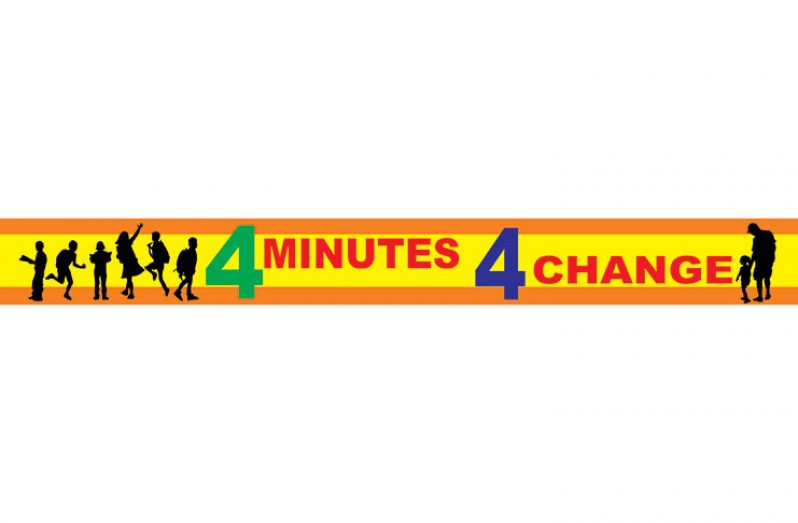IF you want to protect your child from sexual abuse, then find a way to talk about it, regardless of how awkward it may be for you. Getting important facts over to children is a part of parenthood and when you get right down to it, it’s really not about you at all: it is about the safety of your child.
Child-friendly, child-appropriate
You can begin to teach your child from a very young age, that no one should touch their private parts. You can teach this along with all the other things you teach them with regard to their safety. For example, from the ages of 0 -5, you may teach: don’t eat food that has dropped on the floor, wash your hands before meals, clean your teeth at least twice a day, etc. So teaching children about sexual abuse can begin on a small scale, appropriate for their age. It doesn’t have to be taught as if it is something strange or unique, it is simply just another way of helping to keep them safe.
As they grow and develop, children will hear things on the radio or at school: they may see things on television or just in passing. Whichever way it happens, children will pick up on the words ‘child sexual abuse’ and it is the duty of parents to explain to them what sexual abuse is. If you keep the lines of communication open, chances are your child may ask you a series of questions pertaining to a range of things.Therefore, if or when they ask about sex, sexual abuse or other subjects that are thought to be ‘taboo,’ answering in a child-appropriate manner shouldn’t be too hard a task.
Communication
Communication is one of the most important assets a parent will ever have when bringing up a child. These lines should be kept open at all times and against all odds. When a child can look into his/her parents’ eyes and ask, ‘Daddy, what is sex?’ and the father can give a child-appropriate answer, that is good communication. When a child tells a parent, ‘I don’t want to go to Aunty Rose’s house, because Cousin Gilbert keeps bullying me’ and the parent is able to respond accordingly and sort out the problem, this fosters a good understanding and mutual respect between parent and child.
Children must feel able to express themselves and parents must listen to them and believe them. If children do not have the privilege to do this over relatively ‘small things’, then if and when something grave occurs, they will not notify their parents at all and no doubt the parents will be the last to find out, when in reality they should be the first.
How much a child will confide in a parent has a lot to do with the way parents respond. Over time, children can pre-empt their parents’ reaction to information and therefore they prefer to keep certain things a secret. Unfortunately, in some cases, this can include sexual abuse.
When children confide anything to their parents, parents should respond with an open mind, seeking to understand the child and what he/she might be going through. It may seem like a small matter to an adult (on the grand scale of what adults have to deal with on a daily basis), but it is of importance to the child and therefore needs to be acknowledged and dealt with satisfactorily.
Parents must bear in mind that all children are vulnerable to sexual abuse and perpetrators come in all shapes and forms, even close relatives. Learning (and practising) ways to keep your child safe is imperative in this day and age.
If you are concerned about the welfare of a child call the Childcare and Protection Hotline on 227 0979 or write to us at childcaregy@gmail.com
A message from the Childcare and Protection Agency, Ministry of Social Protection
4 minutes 4 change – Communication is the key
SHARE THIS ARTICLE :
Facebook
Twitter
WhatsApp




.png)









